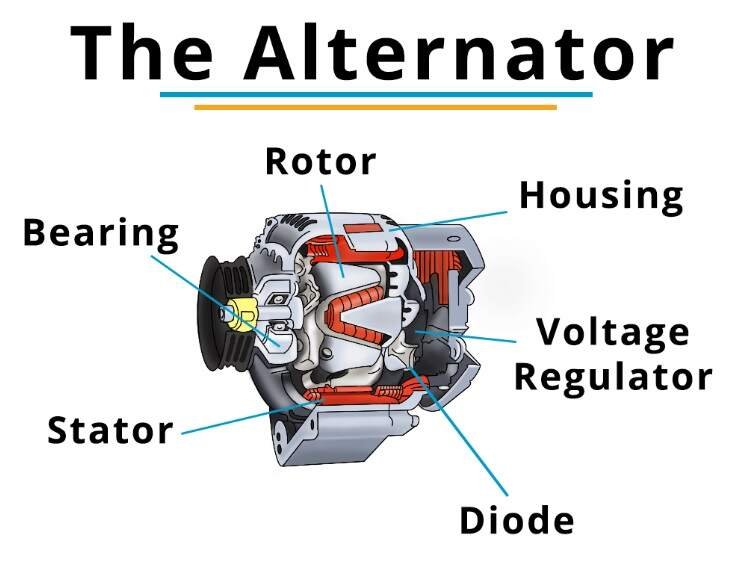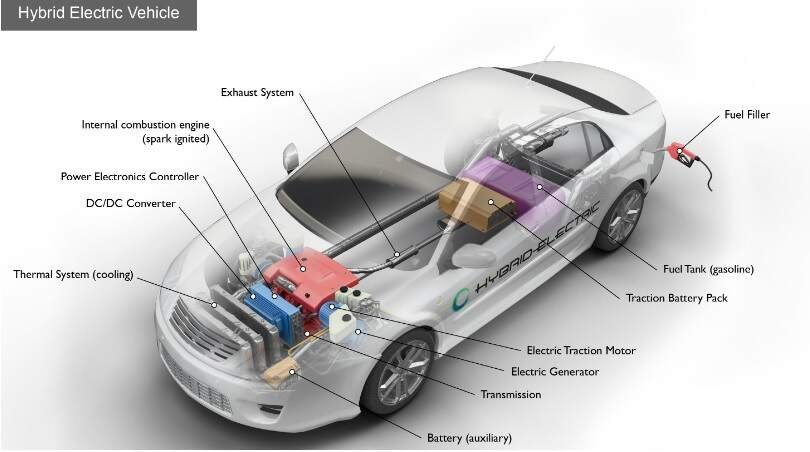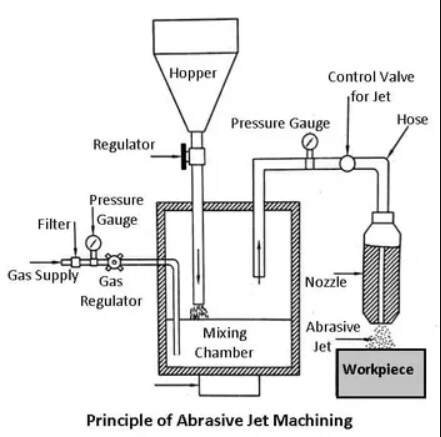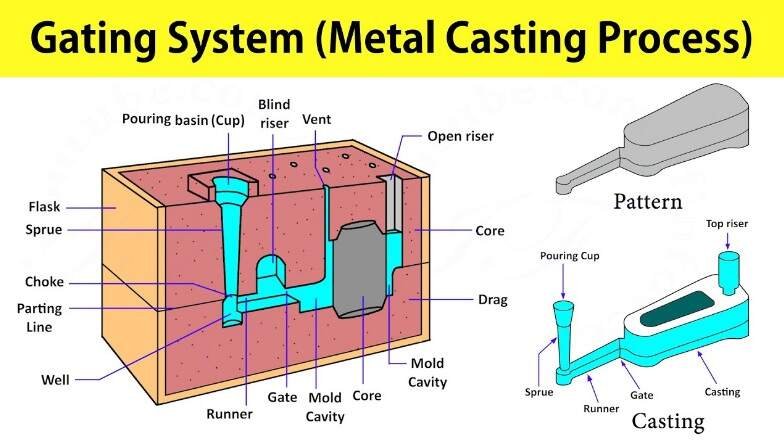Are you thinking about getting an electric or hybrid vehicle? It would be a good idea to learn how they work before you pay for it. Focus on what goes on under the hood – the engine and the alternator.
You may be wondering what are the uses of high output alternators in hybrid electric vehicles. We’re here to help you there. Read on to learn more.
What is An Alternator?
Basically, an alternator will take the mechanical energy from your engine and convert it to electrical energy. That way, you will be able to have all kinds of accessories running in your car. The more things that you have in there, the more output your alternator will have to produce. You don’t want to burn out your alternator, since that can cause problems with both the engine and other parts of your car.
The way that it works is that you turn your engine on, which then makes a drive belt start turning which then tugs on a pulley that is attached to the alternator. This action then makes the rotator shaft of the alternator turn and spin a set of magnets around a coil.

What Are The Functions of an Alternator?
As far as ranking the most important parts of your vehicle, the alternator has to rank very high, up there with the engine and battery, since it helps keep your engine going and also powers things like your headlights. If you have a broken alternator, you’re going to find yourself in the auto shop much sooner than later.
Alternators Working Principle
The main principle behind the alternator is that it is using electromagnetic induction – that is, the magnets that are spinning around the coil are producing energy for the car and its various accessories that require electricity. This is in the form of alternating current (AC) via the shaft and is from an electromagnetic force (EMF) and it powers the battery and electrical accessories while the engine is running.
What Are the Different Types of Electric Vehicles?
You have several types of electric vehicles to choose from, one of which we will go into further detail about later on.
All-Electric
People usually call these EVs or BEVS. They don’t require gasoline to run – you need to plug them in at home or at charging stations, which are becoming more and more common throughout the United States. You may be able to charge it in as little as half an hour using a DC fast charger. The battery can last as many as 300 miles on a single charge and the car makers are working on extending that battery life all the time.
Plug-In Hybrids
These are the ones that we will be expanding on in the upcoming sections. You can either use gas or electric , though the battery will give you a lower amount of mileage due to the smaller battery. This is usually fine for those who have short commutes to and from work, since you can just use electricity without having to worry about gas.
Fuel-Cell Electric Vehicles
Instead of using batteries, this vehicle has cells that work with a stack that combines both hydrogen and oxygen. This is becoming an increasingly common option, since you can get up to 400 miles on a single tank and then refuel with hydrogen.
Does an Electric Vehicle Need an Alternator?
One thing that makes an electric vehicle different from the other types of vehicles is that it runs on a battery, which needs to be charged regularly to run. The engine is not as powerful, so there is not the need for an alternator.
That’s not to say that you can’t have an alternator. Rather than helping the engine, though, it’s just going to be another source of power and that could wind up reducing the overall efficiency of the vehicle and not have it run as well as it could.
Pros and Cons of All-Electric Vehicles
Pros
- They Are Energy Efficient – All-electric cars can convert 60% of more energy into the car’s movement as opposed to gas cars reaching a typical high of 21%, which is a lot lower.
- They Reduce Emissions – Drivers love this one because it suits one of their main purposes of using an all-electric vehicle reducing their carbon footprint and helping to keep the air cleaner.
Cons
- They Take Longer To Fuel Up – This one depends on your level of patience and what kind of a schedule you’re on. While it’s decidedly slower than putting a pump into your gas tank, if you can swing the time, then you should do it.
- They Don’t Have as High A Driving Range – There are fuel-efficient vehicles out there that can get people farther on a single tank than an all-electric car. That’s less than ideal if you like to go on long road trips but far less problematic if you just like to stay local or just commute back and forth from work.
Myths About Electric Vehicles
With something that is fairly new or somewhat cutting edge, there are bound to be some misconceptions. Here are some of them
- Their Range is Bad – As mentioned before, they may not compare as well with some vehicles that run on fuel, but they do better than some gas guzzling SUVs. If you plan well or if you are just using it for work commutes, you will be fine.
- They Are Slow – When people hear about all-electric vehicles, they may think of those slow, pokey golf carts. That’s far from the truth. Your all-electric vehicle will instantly generate its torque and some models can go from 0-65 in as little as 2.
- They Are Too Expensive – As researchers work on improving battery performance while dropping the overall cost, this may become a moot point as time goes by. Also, you can ask about any possible subsidies that the car retailers may offer.
- They Are Unsafe – The models that have been tested have been given good marks for crashworthiness and the so-called propensity for the lithium-ion battery to catch fire in a crash is exaggerated, not ranking any higher than engines that crash in traditional vehicles.
- They Are Not as “Green” as They Portray Themselves To Be – This one is just patently false. Electric vehicles convert 75% of chemical energy whereas conventional engines convert 20%. Which would you prefer for the environment?
- They Won’t Save You Money – Here’s another one that can be disproven – you won’t feel the pain at the charging station anywhere near what you can feel at times when the gas prices spike upward.
- They Are Expensive to Maintain and Repair – You won’t have to bring in your electric vehicle for constant oil changes or tune-ups. Another bonus is that they have far fewer moving parts that could conceivably break and require repairs.
- They Aren’t Practical Yet. – People may point out that the infrastructure for a nation of electric vehicles may not be there yet. That might be a problem in rural areas, but a lot more urban and suburban places are implementing charging stations, so if you live in those areas, you should be in good shape.
- Their Batteries Die Off Fast and You Will Have to Send it to a Landfill – As mentioned before, these companies are working hard to improve battery life … and they can last for eight years or more and still have a good amount of battery power left.
- They Will Tax The Power Grid – This myth grossly underestimates the readiness of the power grid. There can be a lot more electric vehicles on the road before there is even a hint that more power plants need to be developed. That’s because most people charge their vehicles at night when there is a low power demand.
What About Hybrid Vehicles?
OK. Now we are talking about the other type of vehicle. A hybrid one does both – it has a gas tank and an electric battery. That means that it has both a starter and an alternator. It’s often called an integrated starter-alternator. There are a variety of functions for this, including having it recover energy during braking, running the air conditioning and power steering, starting or stopping the vehicle, and supporting the main engine while accelerating.
People like this since it completely replaces the internal combustion engine. The technology is still being refined, but it looks very promising.

Types of Hybrid Vehicles
It makes sense that there would be a variety when it comes to hybrid vehicles. That way, you can find the ones that you really want to drive:
- Micro- You will find that it uses an electric engine to start the car and the alternator but you don’t drive the car with it.
- Mild – This one has an electric engine that also supports an internal combustion engine.
- Full – You can drive the car with an electric engine or a combustion engine depending on what your situation is.
Pros and Cons of Hybrids
Just like full electric vehicles, there are pros and cons to hybrids. Here are some of them:
- Pro: They Are Good For Short Commutes – A smaller battery doesn’t mean as much if you are just driving a relative few miles to and from work.
- Con: You Have To Maintain The Combustion Engine – This has more moving parts which could conceivably cause issues down the road and cost you some money.
- Pro: You Don’t Have to Worry As Much About Charging – Do you want to go for a longer trip? You can also fill up the tank and drive for longer if the battery gets depleted.
- Con: You’re Still Burning Fossil Fuels – Here’s a big one if you’re trying to limit greenhouse gas emissions. If you want to be truly environmentally conscious, you should think of all electric.
Myths About Hybrids
Just like all-electric vehicles, there are some myths about hybrids.
- They Need to Be Plugged In – No – there are some hybrids that do need to be charged, but others use what is known as regenerative braking, which adds charge when the brakes are hit. You only use the second one for short distances.
- They Are Expensive – As more of them hit the road, the price point drops significantly. You can also save on gas at times.
- They Require a Lot of Maintenance – Not so. You can save since you switch between the electric and the engine. Techs are becoming more skilled at working on these.
There might be a lot of innovations coming up in the not-so-distant future that may completely reshape the way that we power and drive our vehicles. More companies are thinking of how to help save the environment, which may mean that they move away from traditional methods of running the vehicles. An alternator may become something as quaint as how we view those who drove around using horses and buggies.
Until our global society embraces those changes, we are still using the more traditional vehicles. It’s just up to you to decide if you want to shift over to an electric or hybrid one as opposed to regular cars. You may find that you enjoy not having to worry about using an alternator.
It’s best to talk to a professional about alternators if you are thinking of getting a hybrid or electric vehicle. That way, you will be absolutely certain what you need to do to perform upkeep and maintenance on it to keep it running for a long time.
Check Out Other Important Topics
Home IC Engine Electrical Important PDFs Boilers Synergy Maritime Exam Naval Arch Interview Questions Difference Between Types of Pumps Types of Valves MEO Class 4 Auxiliary Machines




